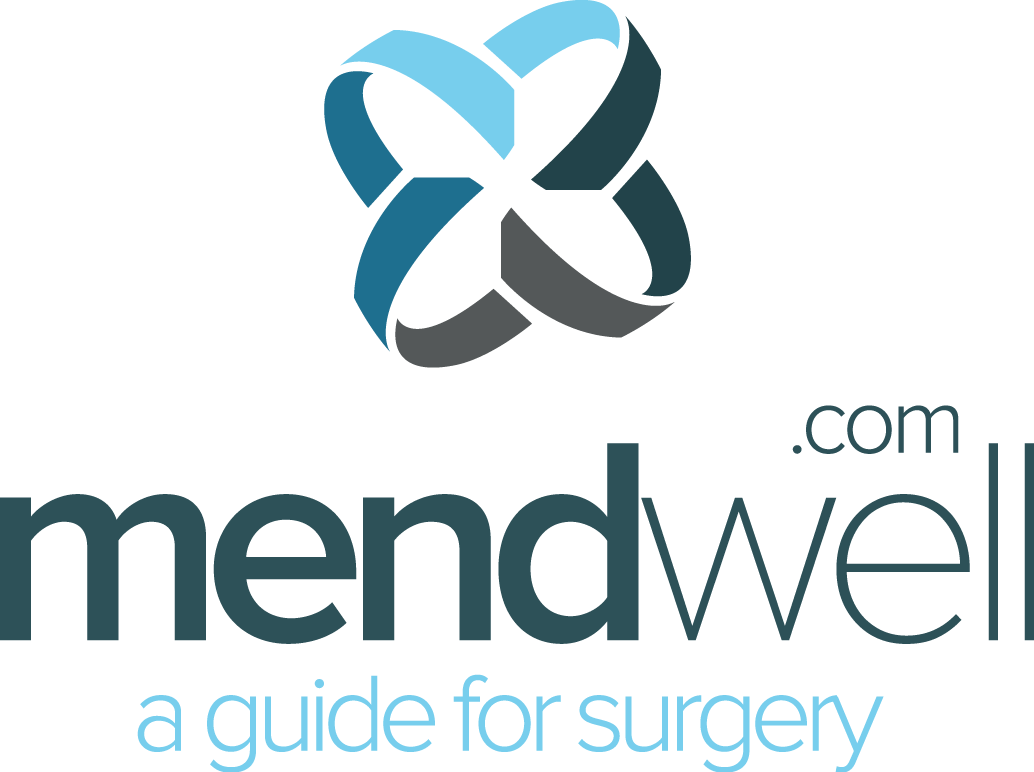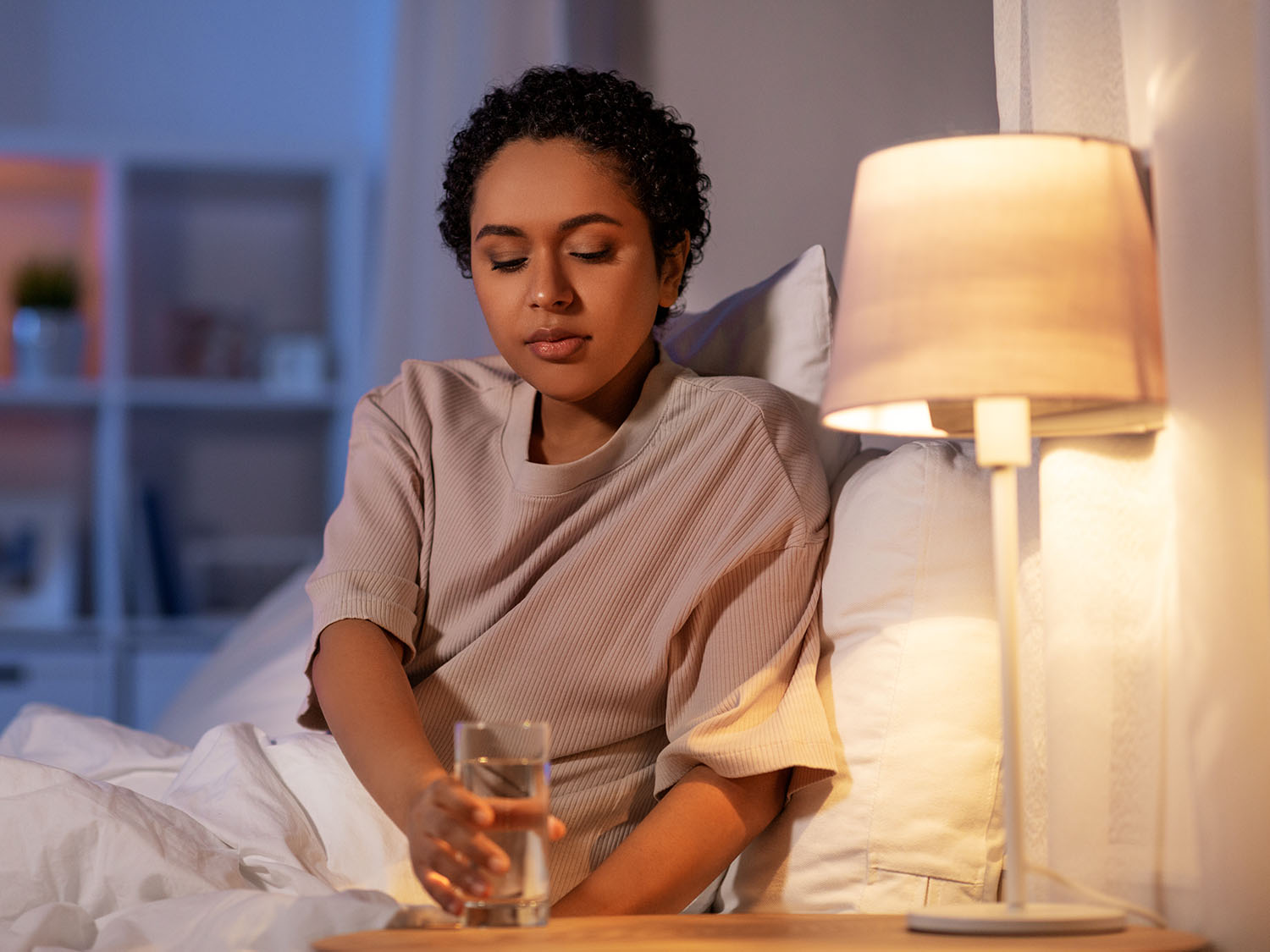Safely Skipping The Outdated “No Food or Drink After Midnight” Rule a.k.a NPO
If you’re getting ready to go in for surgery or if you’ve had surgery in the past, chances are you’re all too familiar with the “no food or drink after midnight” also called NPO. But have you ever stopped to wonder why, exactly, you can’t nourish yourself before a major event like surgery and—more importantly—if the protocol even works? (Spoiler alert: It doesn’t.) Today, then, we’re talking all you need to know about this outdated rule and—more importantly—offering up our advice for safely breaking it. Watch out, surgery status quo, we’ve got our eyes on you.
1. Understand the reasoning behind the “no food or drink after midnight” rule.
As any good rebel without a cause knows, in order to break the rules, you first have to understand them. So, let’s start with a little history lesson (bear with us): Over 150 years ago, research papers were published that showed having food in your stomach before surgery could cause you to aspirate (aspiration is the entry of stomach contents or food into the lower respiratory tract and lungs, which can be very dangerous during surgery). Because of this, medical professionals implemented a sweeping rule: no food or drink after midnight before surgery (commonly known as the “NPO” rule).
By the year 2000, however, a collection of more than 30 independent studies showed that patients who drank clear fluid before surgery actually had emptier stomachs than their “no food or drink after midnight” rule-following counterparts—which ultimately reduced their risk of aspiration. So how is it that nourishing yourself before surgery causes you have an emptier stomach than not eating or drinking at all? Essentially, an empty stomach produces stomach acid—which, in turn, means your stomach really isn’t empty at all (it’s full of that unpleasant acid).
2. Know that the traditional “No Food or Drink After Midnight” rule isn’t working.
The NPO rule isn’t working for anyone—patients, hospitals, or doctors. Patients have a hard time following it properly, and hospitals are seeing increased risks of infection and increased length-of-stay as a result (which ultimately results in higher costs for hospitals). As for the former (infection), the outdated “no food or drink after midnight” rule can induce a catabolic state where the normal relationship between insulin and glucose are uncoupled in a patient. This ultimately leads to postoperative insulin resistance (PIR) in patients, which can invite microbial colonization (in layman’s terms: infection) at the site of their surgical incision.
As for the latter (increased length of stay), being administered heavy anesthesia drugs on an empty stomach is one major cause of post-op nausea and vomiting (PONV), a phenomenon that one in three patients experience. This leads to a slower recovery and longer hospital stay for the patient, and—you guessed it—higher costs for the hospital. Ultimately, the unintended negative consequences of the no food or drink after midnight rule have created a lose-lose situation for both patients and hospitals.
3. Break the rules the “right” way.
Kicking your doctor’s no food or drink after midnight orders to the curb doesn’t mean you can load up on tacos and margaritas the night before your surgery (wouldn’t that be nice?). It also doesn’t mean you can opt for a sugar-laden sports drink and call it proper pre-surgery hydration (there are a number of reasons that won’t work, but the main one is that you need to load up on complex carbs via a clear, colorless liquid—not harmful simple sugars via orange-dyed sugar water).
Instead, there are medical products on the market designed specifically to help you nourish and hydrate before surgery, while still ultimately achieving that empty stomach your doctor is aiming for (so as to avoid aspiration, as we talked about earlier). One of our all-time favorites is CF(Preop)®, as it was developed by a board-certified anesthesiologist who saw, first-hand, the exact issues we broke down above and took it upon herself to come up with a safe, effective, science-backed solution. Another option is Ensure® Pre-Surgery, which, like CF(Preop)®, was designed to act as a “liquid food”—helping keep patients nourished and hydrated before surgery while still clearing from their stomach in time to safely go under anesthesia without risk of aspiration.
Note: Patients who experience a delay in the emptying of their stomachs (gastroparesis, GERD, etc.) require special instructions from a medical professional to use these products.
PRO TIP: Whichever product you choose, make sure you follow the specific labeled drinking instructions and finish your last bottle two hours prior to your surgery. We also recommend refrigerating your presurgery drink—they taste much better when chilled.


